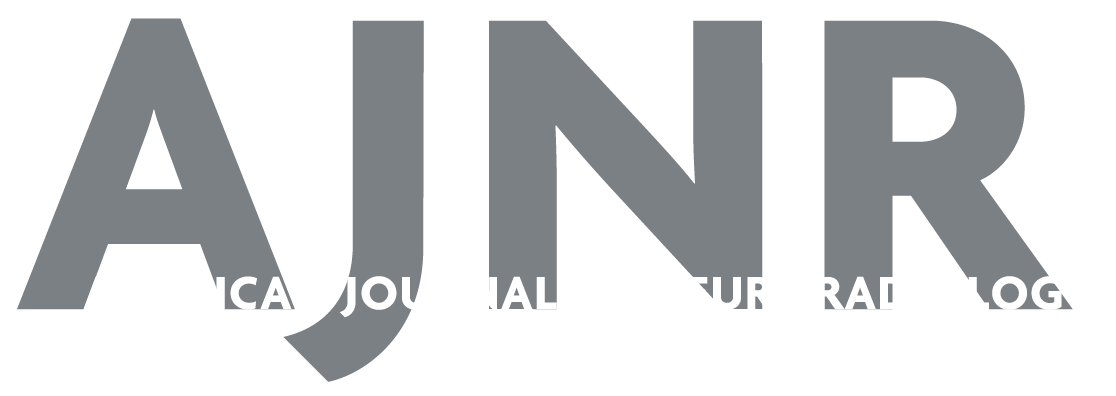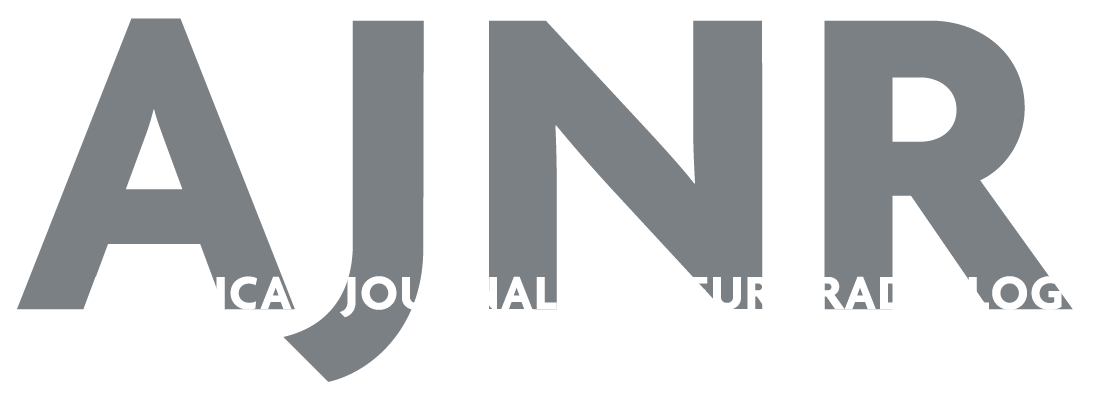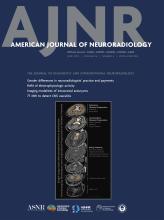Case of the Week
Section Editors: Matylda Machnowska1 and Anvita Pauranik2
1University of Toronto, Toronto, Ontario, Canada
2BC Children's Hospital, University of British Columbia, Vancouver, British Columbia, Canada
Sign up to receive an email alert when a new Case of the Week is posted.
July 14, 2008
Herpes Encephalitis
- Most common acute viral encephalitis of adults (both with normal and compromised immune systems)
- Imaging typically reveals edema involving the medial temporal lobe, gyrus rectus, and insular cortex with sparing of the lenticular nucleus. Parenchymal or gyriform enhancement may occur; there is variable restricted diffusion which may be better show true extent of disease. Findings may be unilateral or bilateral asymmetric.
- Adult infection most commonly occurs as reactivation of latent HSV-1 virus while neonates suffer from primary HSV-2 infection (resulting in a diffuse meningoencephalitis).
- CT generally provides a less sensitive assessment than MR; examinations may be limited by patient motion artifact.
- MRS may acutely show a moderately elevated choline, low NAA & presence of lactate/lipids.
- Rapid diagnosis and early antiviral therapy is essential for optimal outcomes.











